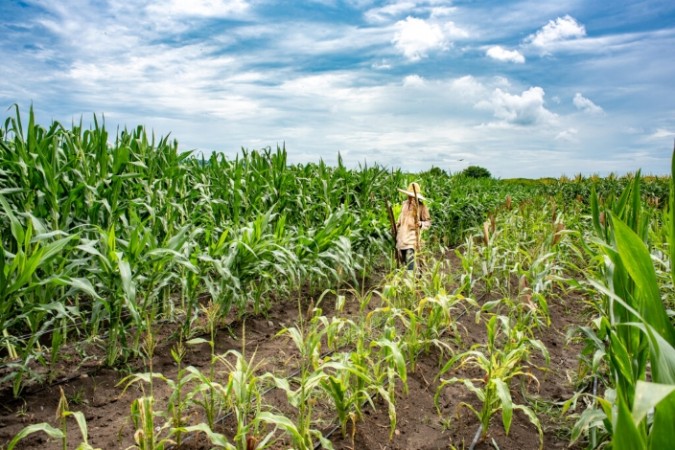
In a groundbreaking move to strengthen agricultural innovation between Asia and Africa, the African Academy of Sciences (AAS) and India’s National Academy of Agricultural Sciences (NAAS) have signed a strategic Memorandum of Understanding (Mou) aimed at deepening cooperation in agricultural science, technology, and research.
The agreement, formalised at AAS headquarters in Nairobi, ushers in a new era of cross-continental collaboration designed to tackle shared challenges such as climate change, food insecurity, and sustainable resource use. The centrepiece of this partnership is the creation of the India-Africa Agricultural Science and Technology Innovation Forum (IAASTIF)—a platform for long-term collaboration among scientists, innovators, and policymakers from both regions.
“This is not just a formal agreement—it’s a signal of intent to drive impact where it matters most: in communities that rely on resilient agriculture for survival,” said Prof. Lise Korsten, President of AAS. Her counterpart, Dr. Himanshu Pathak, President of NAAS, echoed the sentiment, noting that India's experience in scaling climate-smart agricultural technologies could offer valuable insights to African partners.
Over eight months in the making, the Mou was shaped by a joint Steering Committee and is built around core principles of transparency, shared ownership, and intellectual property protection. Both academies aim to ensure that the collaboration remains equitable and regionally relevant.
The agreement outlines a series of joint initiatives, including:
-
Collaborative research in crops, livestock, agroforestry, and fisheries
-
Exchange programs for scientists, students, and fellows
-
Policy dialogues, joint conferences, and regional workshops
-
Shared efforts to mobilise funding and engage private-sector stakeholders
Importantly, the partnership brings together India’s proven innovations in precision farming, soil health management, and sustainable irrigation with Africa’s diverse agro-ecological zones and emerging research networks.
With the first wave of joint pilot projects and knowledge exchange activities set to launch by early 2026, the partnership is expected to attract both international development support and private-sector investment aligned with the Sustainable Development Goals (SDGS).
The MoU positions India and Africa not just as collaborators, but as global co-leaders in the pursuit of agricultural transformation, committed to advancing food security and environmental resilience for millions of people across both continents.
Article by RB Reporter
Photo/Google

Comment